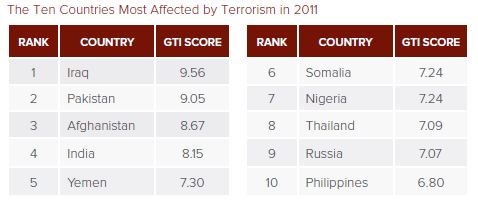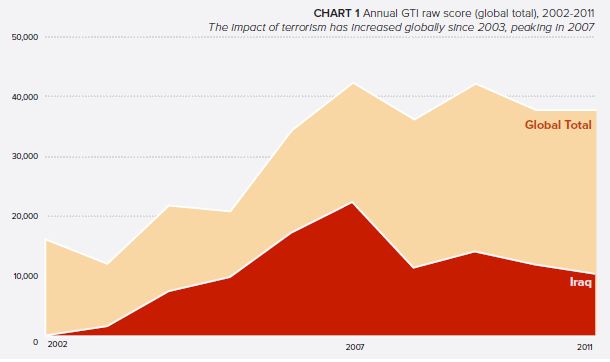Washington Post Lifts Veil Further on CIA’s Global Response Staff, Raymond Davis
Greg Miller and Julie Tate provide some fascinating reading in today’s Washington Post, where they provide many new details on the CIA’s Global Response Staff and reveal that its most famous (probably now former) member is Raymond Davis.
One thing that we learn is that members of the GRS typically are contractors and that they are paid a “lucrative” salary around $140,000, but with no benefits. I suppose an argument can be made that by hiring contractors, the CIA has an extra layer of deniability, but it still strikes me as completely heartless and stark that people with such important missions and at such high risk are treated in a way that nonprofit foundations have to exist to provide for school expenses for the surviving children when these operatives die while on duty.
What I want to concentrate on here, though, is the description of what GRS does and how that might give us new insight into the Raymond Davis incident. Here are Miller and Tate on what GRS does:
The GRS, as it is known, is designed to stay in the shadows, training teams to work undercover and provide an unobtrusive layer of security for CIA officers in high-risk outposts.
/snip/
CIA veterans said that GRS teams have become a critical component of conventional espionage, providing protection for case officers whose counterterrorism assignments carry a level of risk that rarely accompanied the cloak-and-dagger encounters of the Cold War.
Spywork used to require slipping solo through cities in Eastern Europe. Now, “clandestine human intelligence involves showing up in a Land Cruiser with some [former] Deltas or SEALs, picking up an asset and then dumping him back there when you are through,” said a former CIA officer who worked closely with the security group overseas.
Bodyguard details have become so essential to espionage that the CIA has overhauled its training program at the Farm — its case officer academy in southern Virginia — to teach spies the basics of working with GRS teams.
I have always been troubled by the Raymond Davis incident, trying to understand why Davis would have been seen as a target worthy of attacking in the middle of a busy and highly populated urban site. But now I wonder whether Davis was by himself when the incident started. If he was providing security to a high value target, that would provide a much better explanation for why his vehicle was attacked. Also, recall that a Toyota Land Cruiser rushed to the scene from the Lahore consulate, killing a third Pakistani when it went the wrong way down a one-way street. The whole Davis incident would make more sense to me if this Land Cruiser picked up the high value target and, most likely, a second GRS protector and took them back to the Lahore consulate. Recall that as Marcy pointed out, John Kerry subsequently smuggled the Land Cruiser driver out of Pakistan. Did he also remove the high value target and the other GRS protector?
One final note. The article addresses recruitment for GRS, stating “The work is lucrative enough that recruiting is done largely by word of mouth”. I had previously speculated that Davis was a CIA recruiter, but given the GRS duties we now know, the types of recruiting targets I described fit even better into GRS jobs.


